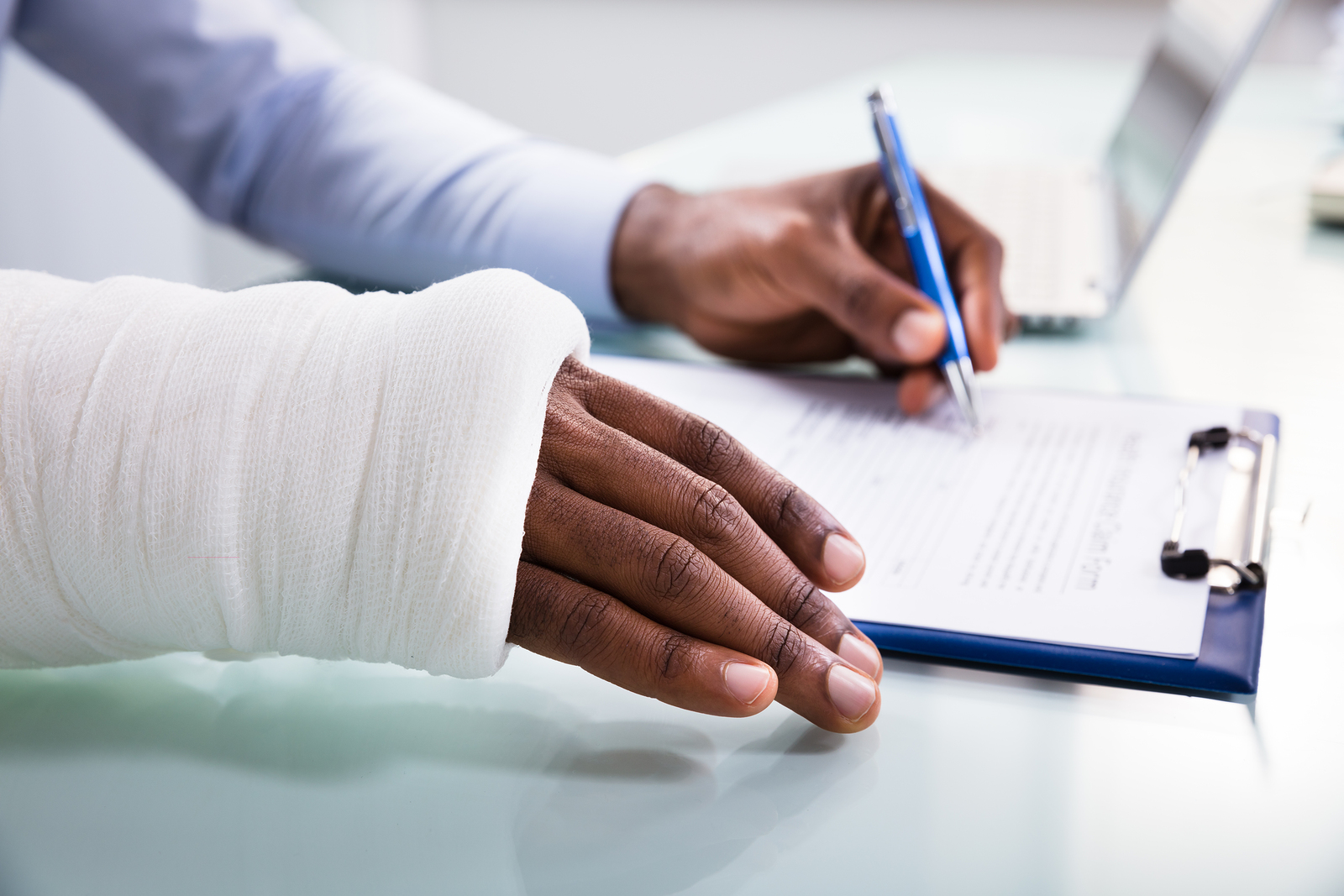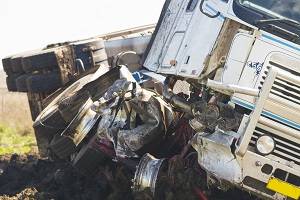Machine Guarding in the Workplace
As one might expect, machine operators can suffer a variety of workplace injuries, including deep cuts, amputations, de-gloving or other severe injuries from operating machinery that lacks proper guarding. There are devices for machinery known as machine guards that are made to protect workers from possible injury; and it is an employer’s responsibility to ensure that his or her employees are properly safeguarded from such potential injuries.
The value of machine guarding has been known since the end of the 19th century when the first patent for an interlocking guard was given for a power press. Nowadays, there are a wide variety of protective devices, such as movable interlocking guards, fixed barrier guards and light curtains and sensors that can pick up on the entry of hands or fingers.
Sadly, according to the Occupational Safety & Health Administration (OSHA), there are still machines in a large number of workplaces that remain totally or improperly guarded. Despite the fact that the law requires employers to provide a workplace that is free from any recognized hazards, there are thousands of workers who lose limbs and experience lacerations and crushing injuries on an annual basis. Additionally, unsafe equipment also kills hundreds of people per year. If you have suffered an injury on the job because of unsafe machinery, you may want to consider hiring a knowledgeable New Jersey workers’compensation lawyer for assistance.
Undoubtedly, moving machine parts can cause severe injuries. Thus, safeguards are crucial to protect workers from those injuries that are preventable. Once you have hired an attorney, he or she should advise you that whenever the operation of a machine can hurt its operator or anyone else in the vicinity, the hazard must be either removed or designed out of the product. If it is impossible to redesign the product or remove the hazard, the hazard must be guarded against and a warning must be given so that people will have an opportunity to avoid it.
Cases that entail serious injury because of improper guarding often involve circumstances in which a product actually had a defectively-designed guard that was detached, thus subjecting the operator to serious injury. However, a learned New Jersey workers’ compensation lawyer will tell you that if the machine’s manufacturer could have and should have reasonably anticipated that the guard would be removed, its removal will not protect the manufacturer from liability. If you need a New Jersey workers’ compensation lawyer, please call Dan Matrafajlo for a free consultation.











